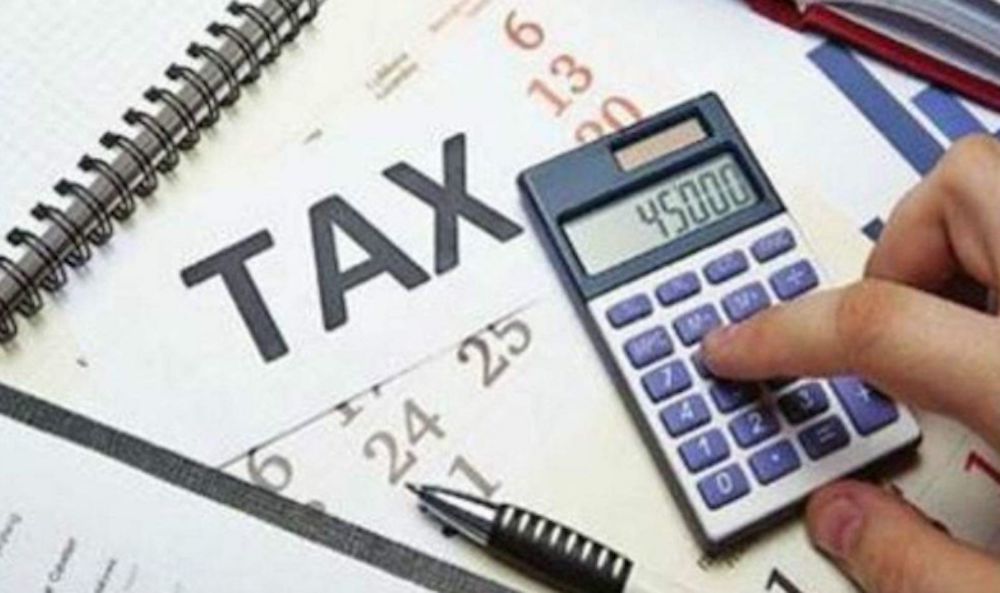LI Network
Published on: 2 August 2023 at 19:55 IST
The Bombay High Court, in a recent ruling, emphasized that a mere delay in filing the income tax return should not lead to the rejection of legitimate refund claims by taxpayers.
The Court quashed an order that rejected an assessee’s application for condonation of a 43-day delay in filing the return of income.
The matter was remitted back to the Central Board of Direct Taxes (CBDT) for reconsideration.
The Division Bench, comprising Justice K.R. Shriram and Justice Firdosh P. Pooniwalla, stressed that the authorities’ approach should prioritize justice and not allow meritorious cases to be dismissed at the outset. Refusing to condone the delay in genuine cases could defeat the cause of justice.
The Court highlighted that condoning the delay allows the case to proceed to its merits after hearing the parties.
Advocate Bharat Raichandani represented the assessee, while Advocate Akhileshwar Sharma appeared for the revenue.
The case pertained to the assessment year 2016-17, where the assessee filed the income tax return with a delay and sought a refund of Rs. 82.13 lakhs. Along with the refund claim, the assessee requested condonation of the delay in filing the return, but the request was rejected.
The Court observed that the CBDT did not properly consider the assessee’s prayer for condonation as per the relevant circular dated June 9, 2015. The bench held that the CBDT’s order, passed by a Director of Income-tax, needed to be quashed.
The revenue argued that the assessee failed to prove genuine hardship, but the Court referred to a prior ruling that interpreted the term ‘genuine hardship’ under Section 119(2)(b) liberally. The Court stated that the power to condone the delay was conferred upon the authorities to do substantial justice.
The High Court noted discrepancies in the order rejecting condonation, as the field authorities mentioned that one of the partners was abroad, which was not supported by any evidence.
The Court observed that such issues should have been addressed by giving the assessee an opportunity to explain.
The principles of natural justice required that the statement made by the authorities should have been provided to the assessee for a response.
Referring to the CBDT Circular dated June 9, 2015, the bench found that the refund claim exceeding Rs. 50 lakhs should be considered by the CBDT. However, the order in this case was not sent to the Member, CBDT, as required for approval.
The High Court directed the CBDT to reconsider the question of hardship and the genuineness of the assessee’s refund claim of Rs. 82.13 lakhs. It clarified that the order could not be passed by anyone else even with the approval of the CBDT, highlighting the importance of following the proper procedures and ensuring justice in tax matters.

